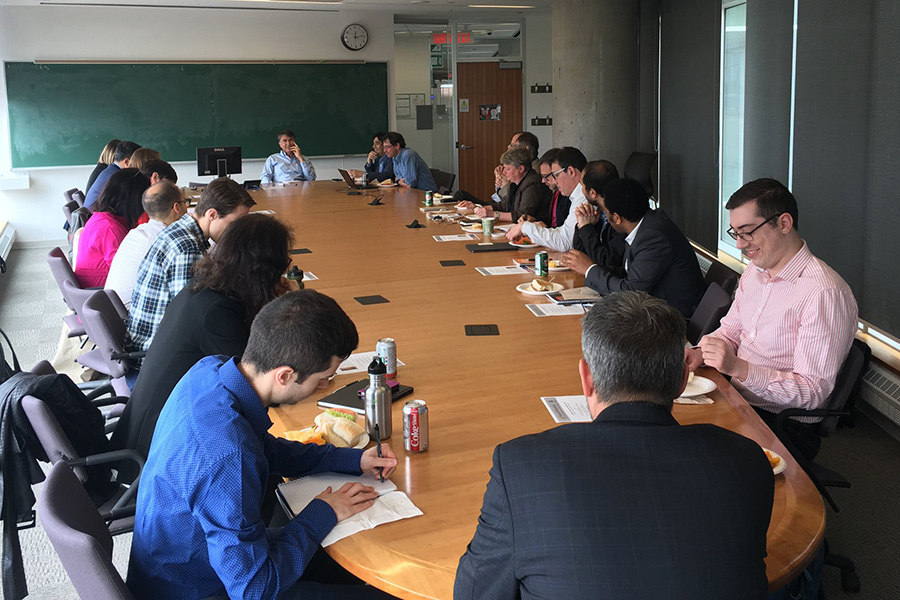In federal countries, power is shared between a government for the whole country – which is sometimes called federal government, national government or Union government – and governments for federal units within this country. Federal units are also often called provinces, states or cantons. Federalism means the constitution divides power between at least two levels or orders of government.Both orders have a direct electoral relationship with their citizens. In some federal countries, people also elect their local government, which may also be constitutionally recognized.
The federal government is responsible for common purposes for the whole country such as national defence, currency and foreign relations. The states or provinces are empowered to act within their areas of responsibility as it is described in the constitution. The federal power cannot take away the power of the federal units.
Watch this Forum of Federations animated video called, “What is Federalism?” to get a basic understanding of Federalism.
Click the blue button below to learn more about Federalism including which countries are federal and benefits of federalism
Thematic Programs
Thematic Programs concern the development and mobilization of knowledge on federal and multilevel governance systems.
Country/Regional Programs
Country/Regional Programs are demand-led initiatives which respond to the needs of stakeholders and donors concerning the creation, development, and reform of governance systems in emerging federal and multilevel countries.














